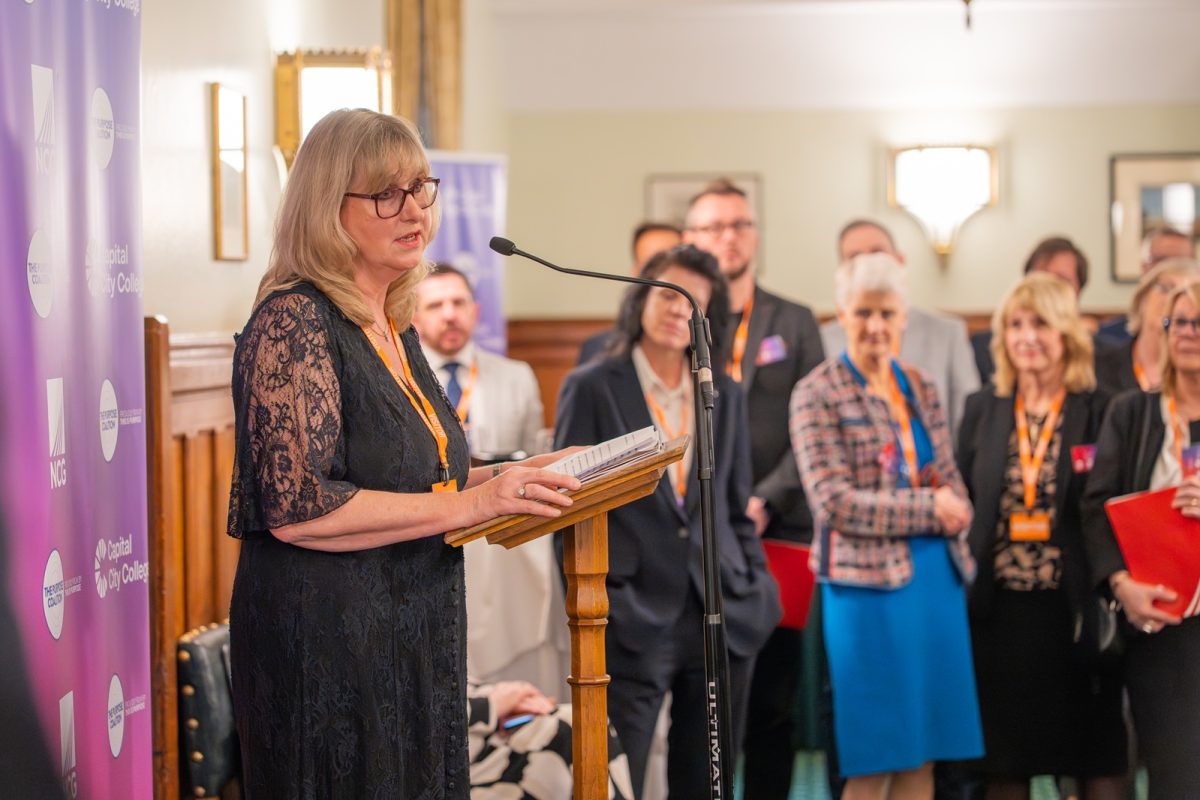National Living Wage to apply to 21 year olds

The Chancellor yesterday (30 Sept) announced his intention to lower the age threshold for the National Living Wage to 21, accepting advice from the Low Pay Commission.
In his speech to the Conservative Party conference, the Chancellor announced his intention to reduce the age threshold for the National Living Wage (NLW), so that it applies to those aged 23 and over from 2021, and to those aged 21 and over within five years.
Chancellor announces support for post #Brexit future: A summary of new measures announced by the Chancellor Sajid Javid on 30 September: A package of measures to support the next generation, promote economic growth, and prepare for a post-Brexit future,… https://t.co/7KSrUFtopp pic.twitter.com/mnbixqniMy
— FE News (@FENews) October 1, 2019
This follows a review of the youth rates of the National Minimum Wage (NMW) carried out by the Low Pay Commission over the past year. The LPC made its recommendations to the Government in a letter sent in August, and which we are publishing today.
The LPC will publish its full report on the NMW youth rates, as well as its advice to the Government on the future of the NLW, in due course. The government will set out more details on the future policy framework for the NLW, including the role of the Low Pay Commission, at the Budget.
Kate Palmer, Associate Director of Advisory at Peninsula, said:
“Although the increase is to be phased in over the next five years, the Chancellor’s plans are likely to hit employers heavily in the pocket. In reality, the amount of the increase is not particularly big news; the minimum rates are reviewed and generally increase each year and employers have come to expect this. Perhaps the biggest news to take from the announcement is that the National Living Wage – the highest band of minimum wage available – will be extended to include anyone who is aged 21 and over.
“This will effectively revert the minimum wage structure to how it was before the introduction of the National Living Wage by re-applying the highest minimum wage to those aged 21 and over. While fewer age bands will make the system a little easier for employers to understand, it means a significant increase in hourly pay for some workers which some small businesses may struggle to achieve.
“Fortunately, the advance announcement of the pay increase will mean that some forward planning is possible, and budgets can be set accordingly. Despite this, the overall effect will not change; employee wages will get higher. This will be the case under either a Conservative or a Labour Government. Although structured differently, Labour leader Jeremy Corbyn has also confirmed that a pay increase for the country’s lower paid workers is one of his highest priorities.
Bryan Sanderson, the Chair of the LPC, said:
“We are very pleased that the Government has accepted our advice to lower the age of eligibility to the National Living Wage from 25 to 21. Doing so in a phased approach balances ambition for the pay of young people with caution towards the impacts on businesses and the most vulnerable workers in this group.”

Letter from Bryan Sanderson to BEIS SoS
PDF, 302KB, 4 pages











Responses